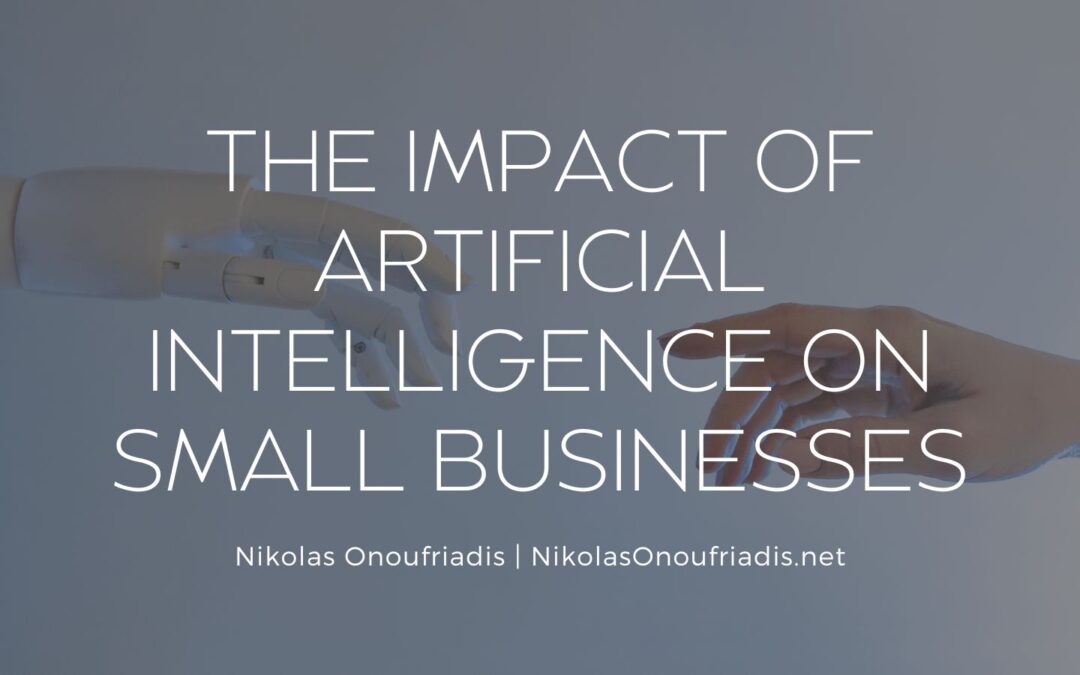In recent years, the business world has been revolutionized by the emergence of artificial intelligence (AI), particularly in its impact on small businesses. Once perceived as a luxury accessible only to large corporations with substantial resources, AI technology has become more affordable and accessible, enabling small businesses to leverage its potential. This article explores the varied impacts of AI on small businesses, shedding light on both opportunities and challenges.
Enhanced Customer Experience
AI integration in small businesses improves customer experience. AI-powered chatbots and virtual assistants provide personalized and prompt responses, enhancing engagement and satisfaction. These technologies handle customer queries, freeing up owners to focus on complex issues. By providing better service, small businesses can compete with larger competitors.
Improved Efficiency and Productivity
AI can automate routine tasks, from scheduling to data entry, which traditionally consumes a significant amount of time. By automating these processes, small businesses can free up valuable time for their employees to focus on more strategic, revenue-generating activities. This automation enhances operational efficiency and employee satisfaction by reducing monotonous tasks.
Data-Driven Decision Making
AI technologies are adept at processing and analyzing large volumes of data, a task that would be time-consuming and prone to error if done manually. Small businesses can utilize AI for insights into customer behavior, market trends, and operational performance. This approach, which relies on data, helps small businesses make informed decisions and become more proactive in response to market changes.
Cost Reduction
AI may seem expensive at first, but it can save money in the long run. By automating tasks, it reduces labor costs and increases efficiency. It also helps with inventory management and optimizing supply chains. For small businesses, these savings are significant.
Access to Advanced Marketing Tools
AI-powered marketing tools help small businesses compete by providing valuable insights into customer preferences, enabling targeted campaigns and personalized interactions. AI can also optimize ad spending by identifying effective channels and placement times, increasing ROI.
Challenges and Considerations
Despite its benefits, integrating AI into a small business comes with challenges. The initial cost and complexity of AI technologies can be daunting. There’s also a learning curve involved in effectively utilizing these tools. Additionally, small businesses must be mindful of ethical considerations and the impact of automation on their workforce.
Artificial intelligence’s profound and multi-faceted impact on small businesses cannot be ignored. AI opens up opportunities for enhanced efficiency, improved customer service, data-driven decision-making, cost reduction, and advanced marketing. However, the integration of AI must be approached thoughtfully, considering the cost, complexity, and potential impact on the workforce. For small businesses willing to embrace AI, the technology offers a competitive edge, helping them to innovate and grow in an increasingly digital marketplace.

